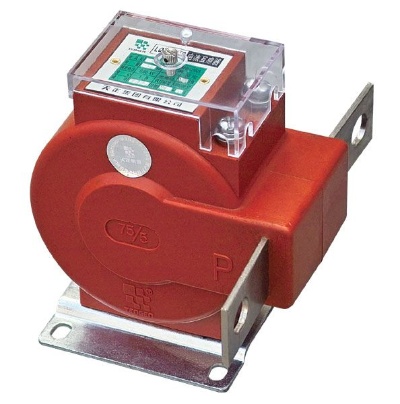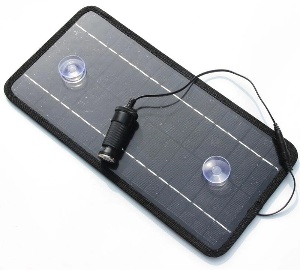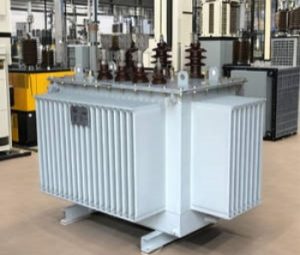Electronic Components Supplier | Transformers, Inductors, Inverters
Introduction
The Micro Current Transformer (MCT) is a specialized instrument designed for accurate measurement of low alternating currents (AC) in electrical systems. With the growing demand for energy efficiency, smart grids, and IoT-based power monitoring, MCTs have become essential in industries ranging from renewable energy to industrial automation. This article explores the working principle, applications, benefits, and latest trends in micro current transformer technology.

How Does a Micro Current Transformer Work?
A micro current transformer operates on the same fundamental principle as traditional current transformers (CTs) but is optimized for low-current applications (typically below 5A). Key components include:
- Primary Winding: Carries the measured current.
- Secondary Winding: Produces a proportional reduced current for measurement.
- Core Material: High-permeability alloys or nanocrystalline materials ensure precision at low currents.
MCTs provide galvanic isolation, enhancing safety while enabling accurate signal conditioning for meters, relays, and data loggers.
Key Applications of Micro Current Transformers
- Energy Monitoring Systems
- Smart meters and IoT-based energy monitors rely on MCTs for real-time current sensing.
- Enables dynamic load management in smart grids.
- Renewable Energy Systems
- Solar PV and wind turbines use MCTs to monitor micro-inverter outputs.
- Ensures optimal performance and fault detection.
- Industrial Automation
- Used in PLCs (Programmable Logic Controllers) for precise current feedback.
- Critical in motor control and predictive maintenance.
- Consumer Electronics & EV Charging
- Embedded in EV charging stations for leakage current detection.
- Enhances safety in high-efficiency power supplies.
Advantages of Micro Current Transformers
- High Accuracy: ±0.5% to ±1% error margin, ideal for low-current measurements.
- Compact Size: Miniaturized design fits space-constrained applications.
- Wide Frequency Response: Suitable for harmonics-rich environments.
- Isolation & Safety: Prevents high-voltage risks in measurement circuits.
Latest Trends in MCT Technology
- Integration with IoT & AI
- Wireless MCTs with LoRa or NB-IoT connectivity enable remote monitoring.
- AI-driven analytics predict failures and optimize energy usage.
- High-Performance Core Materials
- Nanocrystalline and amorphous cores reduce losses and improve accuracy.
- Energy Harvesting MCTs
- Self-powered designs eliminate external power needs, ideal for smart sensors.
Choosing the Right Micro Current Transformer
When selecting an MCT, consider:
- Current Range (e.g., 1mA–5A)
- Accuracy Class (0.5, 1.0, etc.)
- Output Type (mA, mV, or digital)
- Mounting Style (PCB, split-core, or Rogowski coil)

Conclusion
The micro current transformer is a critical component in modern electrical systems, enabling precise low-current measurement for energy efficiency, automation, and IoT applications. As industries move toward smarter and greener solutions, MCTs will play an even more vital role in power monitoring and control.
For high-quality micro current transformers, explore our latest range designed for accuracy, durability, and seamless integration.







